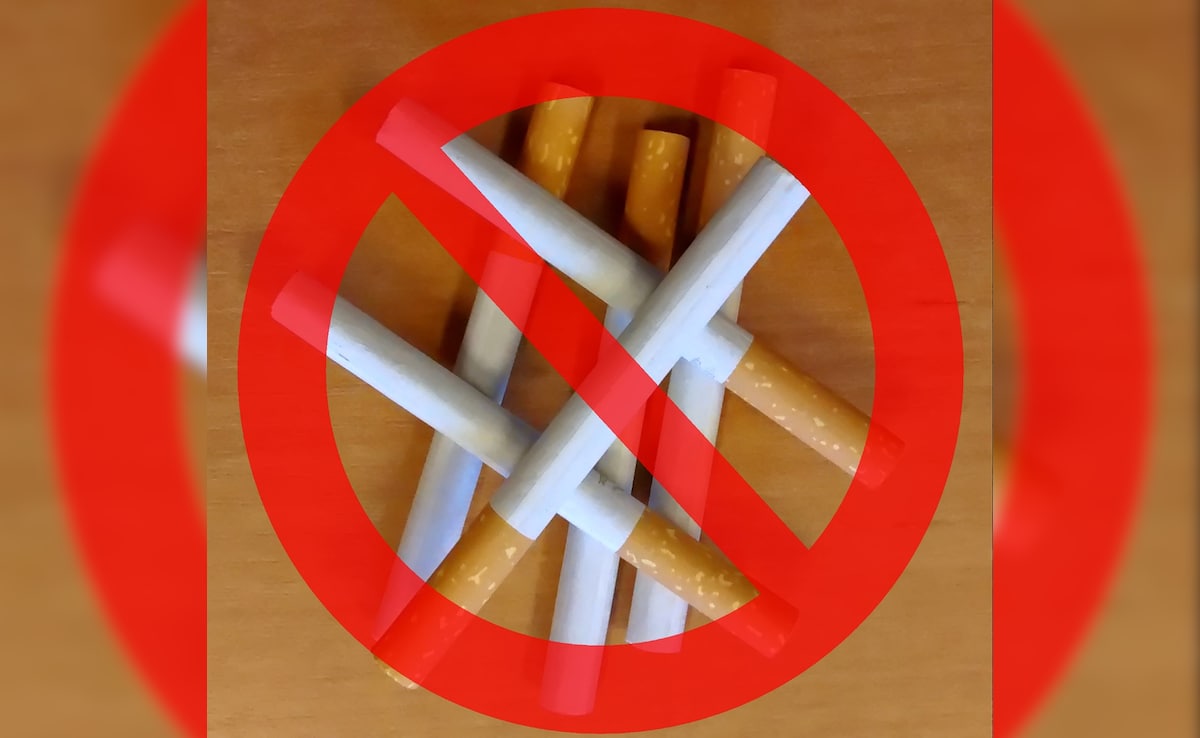Centralia, a town in Pennsylvania, United States, was once a thriving mining town, but a devastating fire in May 1962 changed everything. The fire’s exact origin remains unclear, but its impact was catastrophic. According to IFL Science, a hidden, underground fire spread through the extensive network of underground mining tunnels, causing widespread destruction. Fissures opened up in the ground, releasing noxious gases and smoke into the town, forcing most residents to flee. Shockingly, the fire is still burning today, 62 years later.
History of the ‘Ghost-town’
Before the fire, Centralia had a rich history dating back to the mid-19th century. Founded in 1866, the town was built on abundant anthracite coal deposits. The mining industry drove the local economy, employing thousands. Centralia was even home to the infamous Molly Maguires, an Irish secret society that organized miners and allegedly committed acts of violence in the 1860s.
Despite the challenges posed by the Great Depression, which forced many mines to close, Centralia persevered. By the 1890s, the town boasted a population of over 2,700 people, all relying on the mines in some way. However, the 1962 fire marked the beginning of the end for Centralia. The underground inferno continued to burn, rendering the town uninhabitable.
After spending $7 million trying to put out the fire, Pennsylvania gave up in the 1990s. According to the state’s Department of Environmental Protection, the fire could burn for another century if left uncontrolled.
The town has emerged as a popular tourist destination over the past three decades. One of its main draws was the infamous “Graffiti Highway,” an abandoned stretch of Route 61 transformed into a vibrant canvas by street artists. However, in 2020, the private company owning the road took measures to deter visitors during the COVID-19 pandemic by covering the highway with piles of dirt, effectively concealing the artwork.














